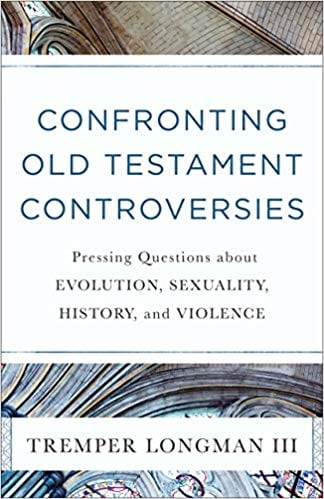Q. Klaus Koch in his two volumes on the Prophets talks about God’s redemptive-judgment (he judges Pharaoh and by the same act redeems or frees the Hebrews). Following Steck, he also points out the prophetic pattern that the redemption of God’s people comes after the judgment on their sins— redemption after judgment (and perhaps after repentance for sin). I am wondering what you think of these lines of reasoning vis a vis the issue of how and in what what God is a warrior?
A. Yes, I do think that is the pattern. God comes as a warrior to judge, but that judgment then leads to salvation.
Q. I often tell my students ‘do not whittle off the rough edges of Scripture that you find most disturbing (such as the divine violence passages), for they probably show us areas in our lives where we least understand God and his Word, and need to grow. Would you agree?
A. Yes, we have a tendency to gravitate toward those parts of the Bible that we like or conform to what we think God is like. So we find ways to tame the parts we don’t. But isn’t this just a way to shape God in our own image? I feel that particularly in Boyd’s book The Crucifixion of the Warrior God it reads like someone who does not like the picture of God that he sees there and then devises an interpretive strategy (he uses the unfortunate language of developing a magic eye reading of Scripture) to solve the problem and get rid of what he thinks are the nasty parts. I appreciate the struggle (I have it too), but I find it hard to see how people would be convinced by his argument. It seems so forced to me.













